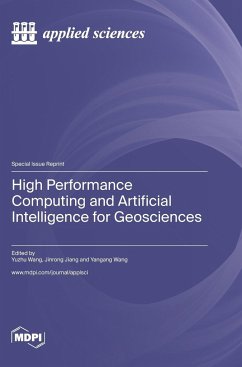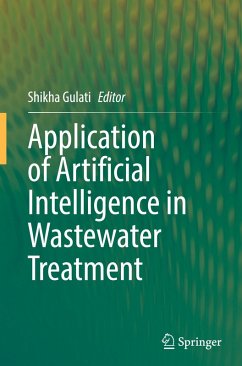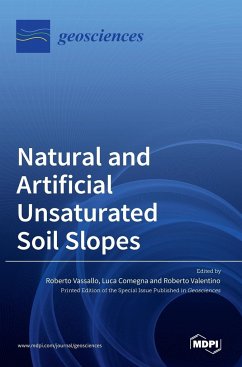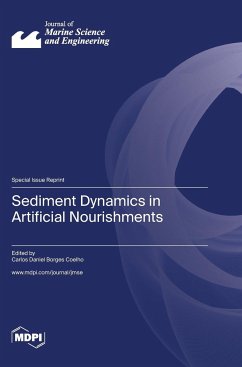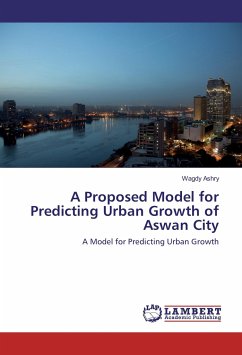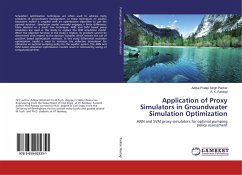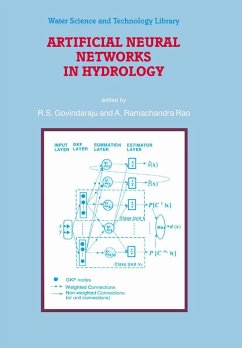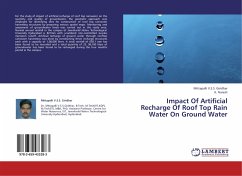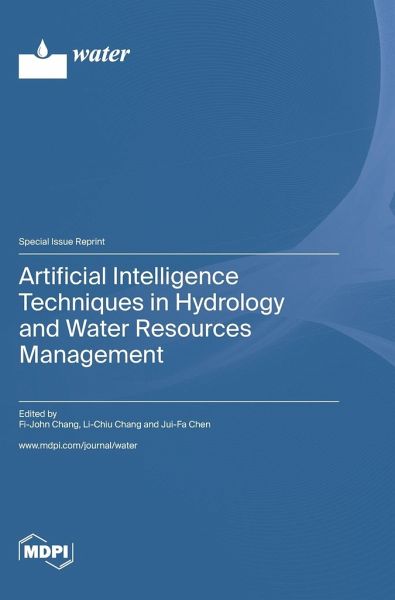
Artificial Intelligence Techniques in Hydrology and Water Resources Management
Versandkostenfrei!
Versandfertig in 1-2 Wochen
98,99 €
inkl. MwSt.

PAYBACK Punkte
49 °P sammeln!
The sustainable management of water cycles is crucial in the context of climate change and global warming. It involves managing global, regional, and local water cycles, as well as urban, agricultural, and industrial water cycles, to conserve water resources and their relationships with energy, food, microclimates, biodiversity, ecosystem functioning, and anthropogenic activities. Hydrological modeling is indispensable for achieving this goal, as it is essential for water resources management and the mitigation of natural disasters. In recent decades, the application of artificial intelligence...
The sustainable management of water cycles is crucial in the context of climate change and global warming. It involves managing global, regional, and local water cycles, as well as urban, agricultural, and industrial water cycles, to conserve water resources and their relationships with energy, food, microclimates, biodiversity, ecosystem functioning, and anthropogenic activities. Hydrological modeling is indispensable for achieving this goal, as it is essential for water resources management and the mitigation of natural disasters. In recent decades, the application of artificial intelligence (AI) techniques in hydrology and water resources management has led to notable advances. In the face of hydro-geo-meteorological uncertainty, AI approaches have proven to be powerful tools for accurately modeling complex, nonlinear hydrological processes and effectively utilizing various digital and imaging data sources, such as ground gauges, remote sensing tools, and in situ Internet of Things (IoT) devices. The thirteen research papers published in this Special Issue make significant contributions to long- and short-term hydrological modeling and water resources management under changing environments using AI techniques coupled with various analytics tools. These contributions, which cover hydrological forecasting, microclimate control, and climate adaptation, can promote hydrology research and direct policy making toward sustainable and integrated water resources management.



